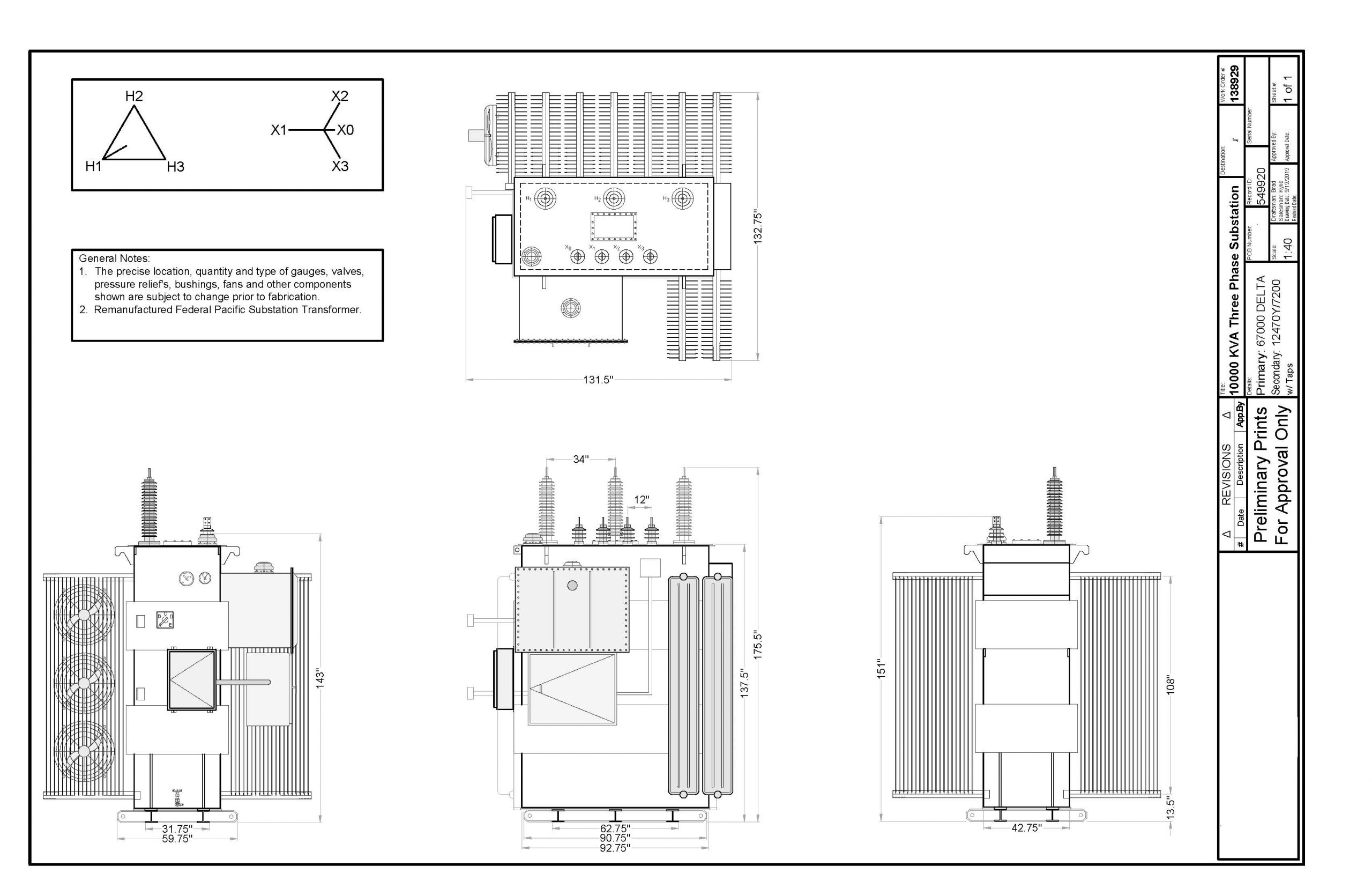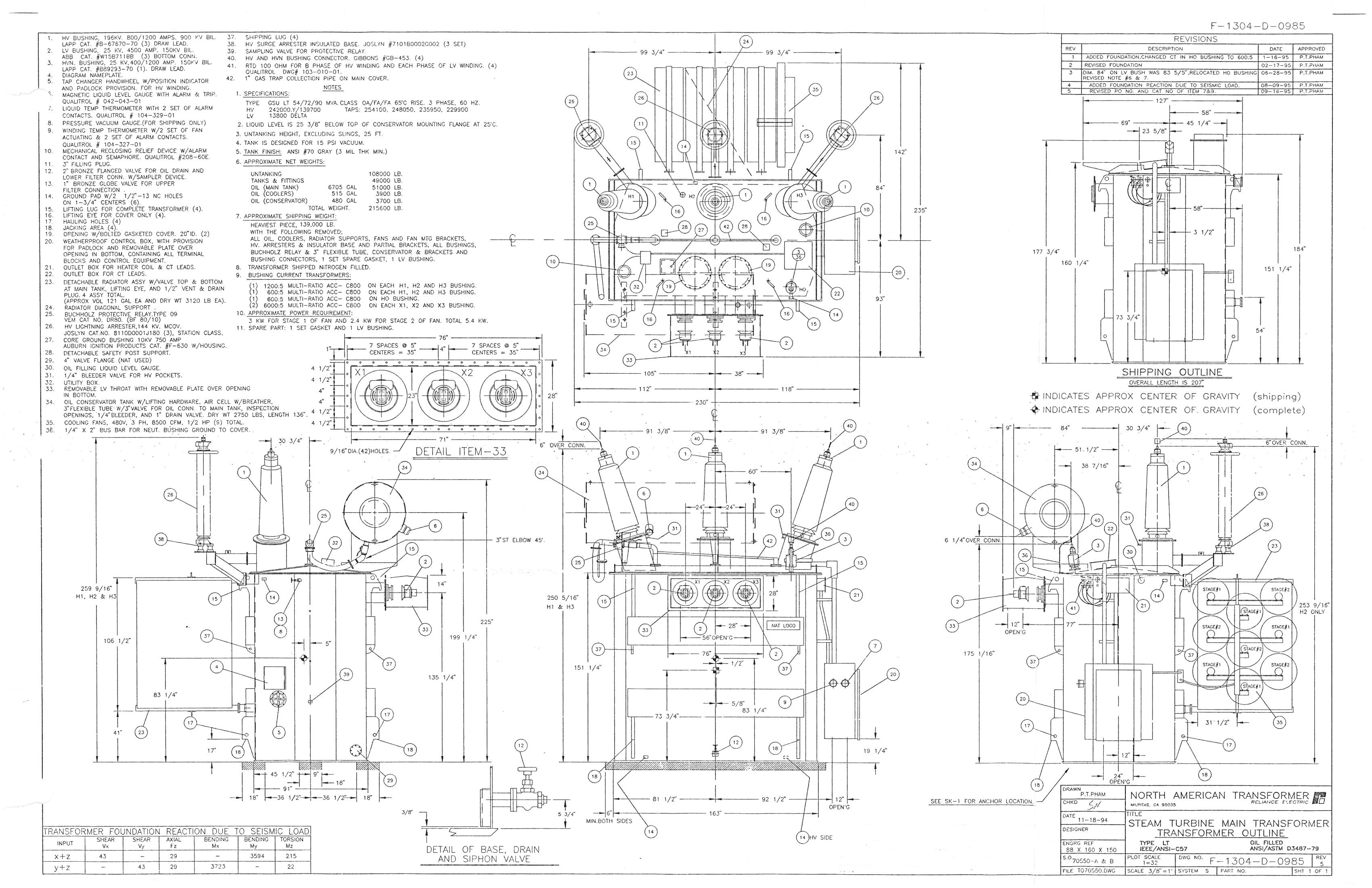Michigan is known for its unique no-fault insurance system, which plays a significant role in how motor vehicle accidents (MVAs) are handled in the state. Understanding the intricacies of Michigan's MVA laws is crucial for anyone who drives in the state. Whether you're a resident or just passing through, knowing your rights and responsibilities can make a significant difference in the aftermath of an accident. This guide will provide you with a detailed overview of Michigan's MVA laws, including how they work, what to do if you're involved in an accident, and how to navigate the claims process.
Motor vehicle accidents can be stressful and overwhelming, especially when dealing with insurance companies and potential legal issues. In Michigan, the no-fault system is designed to streamline the process and ensure that all parties involved receive necessary benefits, regardless of who is at fault. However, the system also has its complexities, and understanding these can help you make informed decisions. This article will explore the key aspects of Michigan's MVA laws, offering insights and practical advice to help you navigate this challenging area.
Our goal is to provide you with a comprehensive resource that not only educates but also empowers you to take the necessary steps after an accident. By the end of this article, you will have a clear understanding of Michigan's MVA laws, how they impact you, and what actions you should take to protect your rights and interests. Whether you're a seasoned driver or new to the roads, this guide will equip you with the knowledge you need to handle any situation that may arise.
Read also:Unveiling The Life Of Sean Edward Hartman A Journey Through Fame
Table of Contents
- Introduction to Michigan MVA Laws
- The No-Fault Insurance System in Michigan
- Steps to Take After an Accident
- Filing a Claim with Your Insurance
- Understanding Personal Injury Protection (PIP)
- Dealing with Property Damage
- When to Hire a Lawyer
- Common Misconceptions about Michigan MVA Laws
- Statistics and Data on Michigan MVAs
- Conclusion and Next Steps
Introduction to Michigan MVA Laws
Michigan's motor vehicle accident laws are governed by the state's no-fault insurance system, which was implemented to reduce litigation and ensure that accident victims receive prompt medical care and compensation. Under this system, each driver's insurance company pays for their own medical expenses and lost wages, regardless of who caused the accident. This approach aims to provide quick and efficient resolution to claims, minimizing the need for lengthy legal battles.
One of the key features of Michigan's no-fault system is the requirement for all drivers to carry personal injury protection (PIP) coverage. PIP insurance covers medical expenses, rehabilitation costs, and a portion of lost wages for the policyholder and their passengers, regardless of fault. This ensures that accident victims receive necessary care without having to wait for a determination of liability.
In addition to PIP coverage, Michigan drivers are also required to carry property protection insurance (PPI), which covers damage to other people's property up to a certain limit. However, PPI does not cover damage to your own vehicle, which is typically covered by collision insurance. Understanding these different types of coverage is essential for navigating Michigan's MVA laws effectively.
The No-Fault Insurance System in Michigan
The no-fault insurance system in Michigan is designed to provide immediate financial assistance to accident victims, regardless of who is at fault. This system has several key components that work together to ensure comprehensive coverage for all parties involved.
Key Components of No-Fault Insurance
- Personal Injury Protection (PIP): Covers medical expenses, rehabilitation, and lost wages for the policyholder and their passengers.
- Property Protection Insurance (PPI): Covers damage to other people's property, up to a specified limit.
- Residual Liability Insurance: Provides additional coverage for damages that exceed the limits of PIP and PPI.
Under the no-fault system, each driver's insurance company is responsible for paying their own claims, which helps to expedite the process and reduce the burden on the court system. This approach also ensures that accident victims receive necessary benefits quickly, without having to prove fault.
Benefits of the No-Fault System
One of the primary benefits of Michigan's no-fault system is the prompt payment of medical expenses and lost wages. This immediate financial assistance can be crucial for accident victims who may face significant medical bills and time away from work. Additionally, the no-fault system helps to reduce the number of lawsuits, as most claims are resolved directly between insurance companies.
Read also:Discovering The Life And Legacy Of Debra Denise Winans
However, the no-fault system also has its drawbacks. For example, it can lead to higher insurance premiums, as each driver is responsible for their own claims. Additionally, the system may not always provide adequate compensation for severe injuries or significant property damage, which can necessitate legal action.
Steps to Take After an Accident
Being involved in a motor vehicle accident can be a stressful experience, but knowing the right steps to take can help ensure your safety and protect your rights. Here are the essential steps you should follow after an accident in Michigan:
1. Ensure Safety and Call for Help
The first priority after an accident is to ensure the safety of everyone involved. Check for injuries and call 911 if anyone requires medical attention. Even if there are no apparent injuries, it's a good idea to seek medical evaluation, as some injuries may not be immediately noticeable.
2. Document the Scene
Take photos of the accident scene, including vehicle damage, license plates, and any visible injuries. Collect contact information from all parties involved, as well as any witnesses. This documentation can be invaluable when filing an insurance claim or pursuing legal action.
3. Report the Accident to Your Insurance Company
Notify your insurance company as soon as possible after the accident. Provide them with all relevant details, including the police report number, photos, and any witness statements. Prompt reporting can help expedite the claims process and ensure that you receive the benefits you're entitled to.
Filing a Claim with Your Insurance
Filing a claim with your insurance company is a critical step in the aftermath of an accident. Here's a step-by-step guide to help you navigate the process:
1. Gather Necessary Documentation
Before contacting your insurance company, gather all necessary documentation, including the police report, photos, medical records, and any repair estimates. Having this information readily available can help streamline the claims process.
2. Contact Your Insurance Company
Reach out to your insurance company to initiate the claims process. Provide them with a detailed account of the accident and submit all relevant documentation. Be honest and accurate in your communication, as providing false information can result in claim denial or other penalties.
3. Understand Your Coverage
Review your insurance policy to understand the extent of your coverage. This includes knowing the limits of your PIP and PPI coverage, as well as any deductibles you may be responsible for. Understanding your policy can help you manage expectations and avoid surprises during the claims process.
Understanding Personal Injury Protection (PIP)
Personal Injury Protection (PIP) is a cornerstone of Michigan's no-fault insurance system. It provides comprehensive coverage for medical expenses, rehabilitation, and lost wages, ensuring that accident victims receive the care they need.
What Does PIP Cover?
- Medical Expenses: Covers all reasonable and necessary medical treatment related to the accident.
- Rehabilitation Costs: Includes physical therapy, occupational therapy, and other rehabilitation services.
- Lost Wages: Provides a portion of lost income for those unable to work due to injuries sustained in the accident.
PIP coverage is mandatory in Michigan, and it applies to the policyholder, their family members, and any passengers in the vehicle at the time of the accident. This broad coverage ensures that all parties involved receive necessary benefits, regardless of fault.
Limitations of PIP Coverage
While PIP coverage is comprehensive, it does have limitations. For example, there may be caps on certain benefits, such as lost wages, which are typically limited to 85% of the policyholder's income, up to a specified maximum. Additionally, PIP does not cover property damage, which is typically covered by collision insurance or PPI.
Dealing with Property Damage
Property damage is another important aspect of motor vehicle accidents in Michigan. While PIP coverage focuses on personal injuries, property damage is typically handled through property protection insurance (PPI) or collision coverage.
Understanding Property Protection Insurance (PPI)
PPI covers damage to other people's property, such as vehicles, fences, or buildings, up to a specified limit. In Michigan, the minimum PPI coverage is $1,000, which may not be sufficient for significant damage. For this reason, many drivers opt for additional coverage through collision insurance.
Filing a Property Damage Claim
To file a property damage claim, gather all necessary documentation, including repair estimates and photos of the damage. Submit this information to your insurance company, along with a detailed account of the accident. Be prepared to pay any deductibles associated with your coverage, as these are typically the policyholder's responsibility.
When to Hire a Lawyer
While many motor vehicle accident claims can be resolved directly with insurance companies, there are situations where hiring a lawyer may be necessary. Here are some scenarios where legal representation may be beneficial:
Severe Injuries or Disputes Over Fault
If you've sustained severe injuries or there is a dispute over fault, a lawyer can help you navigate the complexities of the claims process and ensure that you receive fair compensation. Additionally, if your claim exceeds the limits of your PIP coverage, a lawyer can assist in pursuing additional damages through a lawsuit.
Denied Claims or Unfair Settlement Offers
If your insurance claim is denied or you receive an unfair settlement offer, a lawyer can help you appeal the decision or negotiate a better settlement. Legal representation can be particularly valuable in these situations, as insurance companies may be more willing to settle when faced with legal action.
Common Misconceptions about Michigan MVA Laws
There are several misconceptions about Michigan's MVA laws that can lead to confusion and misinformation. Here are some common myths and the truth behind them:
Myth: No-Fault Means No Lawsuits
While Michigan's no-fault system is designed to reduce litigation, it does not eliminate the possibility of lawsuits. In cases of severe injuries or disputes over fault, legal action may still be necessary to resolve claims.
Myth: PIP Covers All Expenses
Although PIP provides comprehensive coverage for medical expenses and lost wages, it does not cover property damage or punitive damages. Understanding the limitations of PIP coverage is essential for managing expectations and avoiding surprises.
Statistics and Data on Michigan MVAs
Understanding the prevalence and impact of motor vehicle accidents in Michigan can provide valuable insights into the importance of the state's MVA laws. Here are some key statistics and data points:
- Annual Accidents: According to the Michigan State Police, there were over 300,000 motor vehicle accidents reported in Michigan in 2022.
- Injury Rates: Approximately 70,000 of these accidents resulted in injuries, highlighting the importance of comprehensive insurance coverage.
- Fatalities: Sadly, over 1,000 accidents resulted in fatalities, underscoring the need for safe driving practices and effective accident response strategies.
These statistics demonstrate the significant impact of motor vehicle accidents in Michigan and the importance of understanding and adhering to the state's MVA laws.

